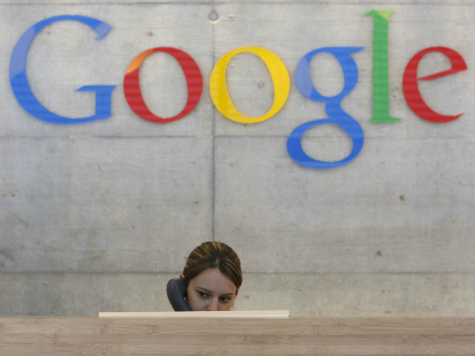Anti-porn activists are claiming victory Friday with the announcement by Google that it will no longer accept advertising for explicit sexual material.
In a message reportedly sent to AdWord clients in violation of the new anti-porn policy, Google wrote:
Beginning in the coming weeks, we’ll no longer accept ads that promote graphic depictions of sexual acts including, but not limited to, hardcore pornography; graphic sexual acts including sex acts such as masturbation; genital, anal, and oral sexual activity.
When we make this change, Google will disapprove all ads and sites that are identified as being in violation of our revised policy. Our system identified your account as potentially affected by this policy change. We ask that you make any necessary changes to your ads and sites to comply so that your campaigns can continue to run.
The announcement came just two weeks after a delegation of anti-porn activists met with Google executives at their offices in Washington, D.C. The organization Porn Harms, a part of Morality in Media, organized the meeting that also included Family Research Council, Concerned Women for America, Enough is Enough, and Focus on the Family.
Porn Harms had named Google to its “Dirty Dozen,” a list of companies helpful to the porn industry. Specifically the group complained to Google about porn on Google Play, porn on Google-owned YouTube, and also porn on Google ads.
In addition, early last month Google announced it removed all pornographic apps and most sexual apps from Google Play. According to Dawn Hawkins of Porn Harms, Google has improved its “safe search” and “safety mode” and has created a tool for parents in Google’s safety center.
Porn Harms says it found out about this change via the porn industry news sites that have been complaining about the change.
Activists are still asking for Google to block porn on YouTube and to increase the protection for children in the Google search engine. Bing, for instance, uses “a moderately filtered” default search, while Google’s is wide open. Google could allow its users to opt into a wide-open search; as it is now, however, this is the default.

COMMENTS
Please let us know if you're having issues with commenting.